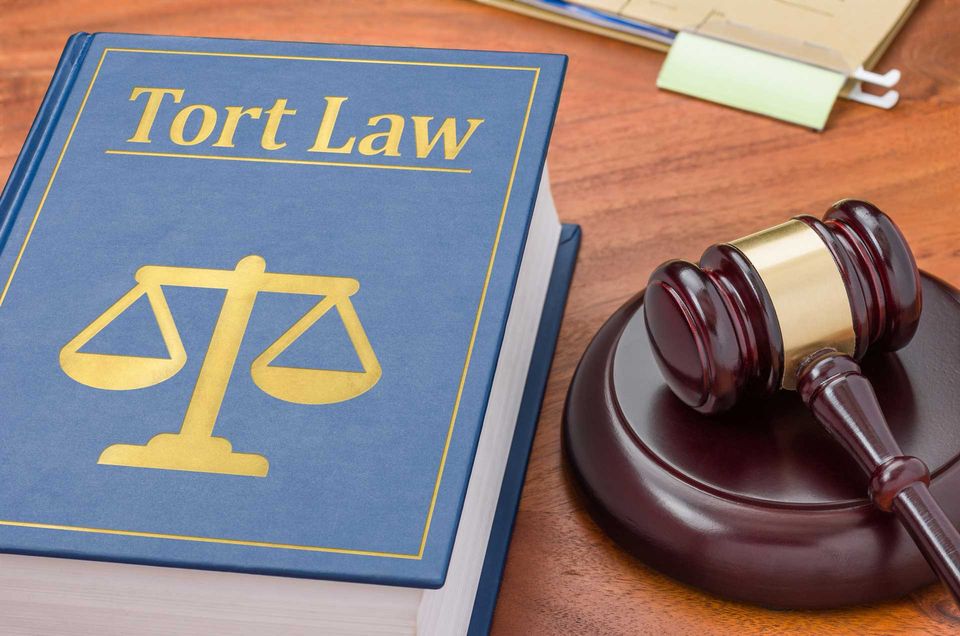Tort Law Cases: What You Need to Know

Torts are an interesting and complex area of law. A tort has to do with a case in which a party can be liable for causing injury to another person or group of people. Tort cases typically result in the injured party pursuing damages for the injuries.
A tort is different from a typical personal injury lawsuit. A tort not only compensates the victim, but it also holds the defendant responsible in a way that will prevent the same action and subsequent injuries from happening again. If you think your personal injury falls under tort law, there are some things you need to know.
What Categories Do Torts Include?
Tort law can include different categories due to their broad nature. Intentional torts include actions such as assault and battery. Unintentional torts consist of accidental injuries, such as a negligent action on a business's property. Strict liability torts involve cases of accidents and hazardous materials.
Negligence is the most common tort when filing lawsuits. You have to provide evidence that a person or party acted negligently for your case to have merit. To prove negligence, you must show evidence that the defendant failed his or her duty of care. If the lack of duty of care resulted in an injury, you have to provide evidence of such.
For instance, if a public building has a damaged set of stairs but did not close them off to the public, resulting in your injury, the building owner can be sued for damages.
Also, torts are civil in nature. Torts do not fall under criminal law. Any case that falls under tort law may include criminal activity, but you would have to pursue separate criminal charges in the matter.
What Awards Are Common in Torts?
There are a variety of outcomes in tort cases when the plaintiff wins. Awards vary based on different factors, including the violation perpetrated by the defendant, the severity of your injury, and your overall losses due to your injury.
Typical awards in tort cases include payments for the plaintiff's lost time at work or the inability to work due to the injury or subsequent disability. Tort cases also result in payments for damages such as emotional distress, mental anguish, and pain and suffering. Compensation for any other additional expenses can also be paid out in a tort case.
Punitive damages are typically paid in tort cases. Punitive damages include payments to the plaintiff to punish the defendant for acting in an egregious manner. Punitive damages are large sums in addition to the economic losses a victim incurs.
Injunctions are also common. Injunctions are court orders that order the defendant to cease any action or behavior that caused the injury. For example, if a company manufactures a product that turns out to be defective and the defective product caused injury, the court can order the defendant to stop all production and sale of the product to prevent further injury.
Should You Hire an Attorney for Tort Cases?
Tort law cases are complex and are applicable in a wide range of cases. You definitely need an attorney to help you with the case. Each state has different laws when it comes to tort cases. You should hire an attorney to sort out the details of your case to ensure it falls under Indiana tort laws.
If you need legal assistance with your claim or you think your case falls under tort law, please contact Wegner & Associates. We have years of experience in torts cases, and we are happy to evaluate your case and help you build a claim for your injuries.
